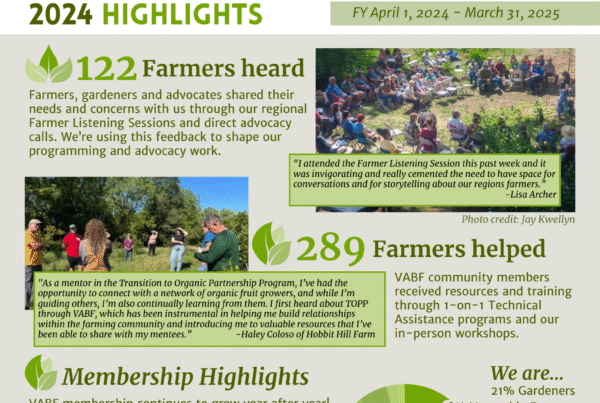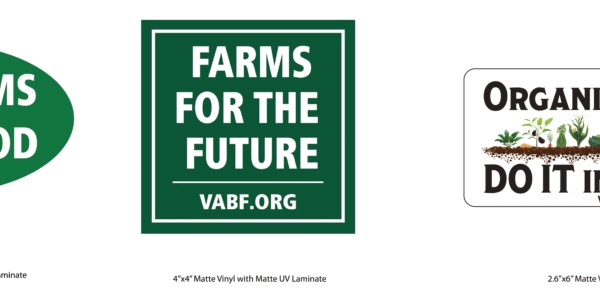
SIGMA — Chickens are fun, relatively easy to care for and provide eggs. They don’t bark, they don’t bite, and you don’t have to carry a bag and pick up their poop because their manure is useful and can be managed with a little forethought. And the eggs are so good. In the past, I’ve talked here about my love for this perfect food. It’s nothing like supermarket eggs.
I love my chickens, and I support allowing back yard hens in Virginia Beach. (Come on, City Council.)
There is a catch for people who want to keep chickens. Chickens may be easier to raise than some other livestock, but they need to be kept well to make life easier for the birds, you and your neighbors.
I want to address issues people who want to raise hens should know up front if – as it stands now in our city – you can keep chickens on your property.
If you can, their pen needs to be big enough for how many you have. Ideally, you have them in a moveable house where you can roll them around every so often, spreading the benefits of their poop. How often – and how big – will depend upon how much space you have.
I raise hens, and one of my houses holds 30 birds. They have access to the grass, and it has an automatic door opener and closer.The more they can be on grass, the better.
Especially when you have a pen and the birds don’t go out into a larger run or your yard, you have to clean it regularly. You can take out old bedding and replace it, and you can add more bedding when it is needed, generally each week or so. Manure and bedding can be put in a compost bin. It makes very good compost, but this also must be done properly. It all depends on how many birds in how much space.
And if you go for the deep bedding, you still have to remove it and replace it. If there are ammonia smells you are very much overdue for cleaning. Clean proactively for the benefit of your birds. Chickens have sensitive lungs. My chicken house has a wire floor and moves so they drop a little manure on the ground through the wire, and then I move them. Just make sure to account for it and give them adequate room.
Their water should also be clean and fresh. Daily. I have large waterers which can last two or three days, but, in the summer heat, it should be replaced daily. You need to check water regularly, and, if the kids have this as a chore, check behind them.
I feed my chickens with high quality organic feed, and their eggs show it with their color and quality. Having them on fresh grass makes up somewhat for cheaper feed. You can supplement with some kitchen scraps and bags of treats as well. That then costs extra, but they like it.
Some people let them out in their yard. This is a good yard cleaning technique because they eat bugs and keep weeds down, but you have to be careful about this, too.
Take note that predators will be watching for dining opportunities. Predation is a big deal, and it is heartbreaking when you lose one. You have to defend against hawks, raccoons, opossums and foxes. And snakes will eat eggs and baby chicks.
Be sure to have your plan in place. The automatic door openers are great if you don’t think you will be vigilant about closing at dusk. And, if the birds are loose in the yard, they must have some cover to run under to get away from hawks. Even then, hawks are a danger. Never underestimate hawks. They are patient and will wait in a tree for the right moment.
It’s important to be prepared before you buy chickens. Read up. My favorite chicken book is Harvey Ussery’s The Small-Scale Poultry Flock: An All-Natural Approach to Raising Chickens and Other Fowl for Home and Market Growers.
Keep them safe with an electric fence and doors. Keep them clean and in good bedding. Keep the water fresh. Feed them well.
It’s not really hard once you get in a rhythm with them. When you do it right, you will be rewarded with great eggs, pleasing pets, fertilizer and bug and weed control. It is a commitment that delivers nice rewards.
Wilson, a farmer and consultant, writes about sustainable farming and gardening for The Independent News. Reach him via farmerjohnnewearth@yahoo.com.
© 2021 Pungo Publishing Co., LLC






